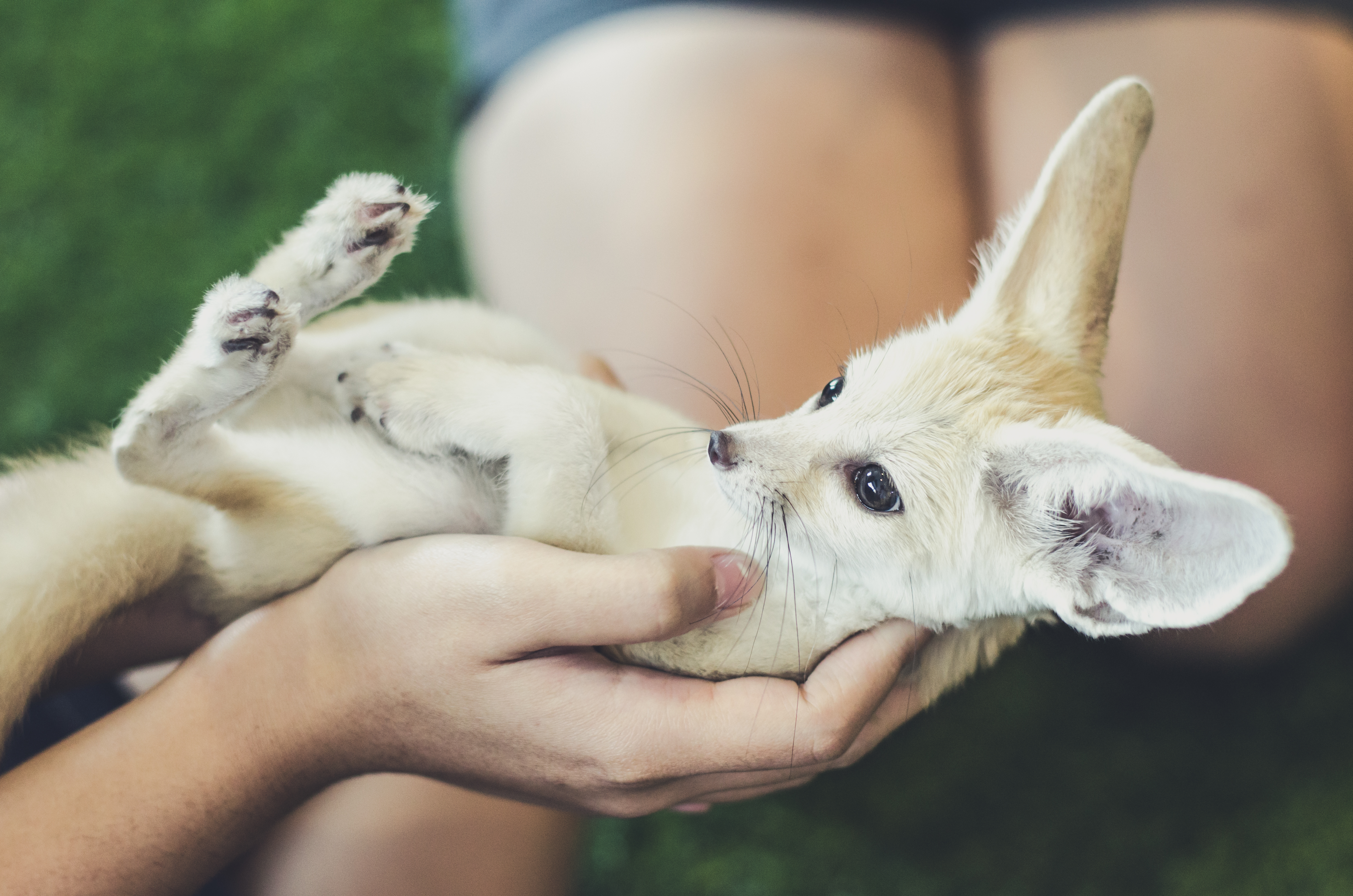
If you’re an animal lover, odds are you’ve got a critter at home to call your own. And while the debate continues to rage over whether it’s ethical to keep any animals as pets, there’s no denying that some creatures are a lot less ethical to “domesticate” than others.
With the appetite for exotic pets on the rise, we took a look at 10 of the most unethical pets to actually bring into your home, and why you might want to think twice before actually doing so.
Slow Loris

These adorable, big-eyed creatures seem cute and cuddly at first glance, which is probably why they’re a hot commodity in the illegal pet trade. (Viral videos of a “ticklish” slow loris named Sonya didn’t help matters.) Yet keeping a slow loris as a pet isn’t only unethical, it’s also illegal in many countries. The South and Southeast Asian animals are nocturnal, which means the bright lights from a residential home are very irritating to them. Plus it’s hard for a human to replicate the animal’s complex diet of insects and local vegetation, resulting in overweight and undernourished creatures. The result is a species that is quickly being pushed towards extinction.
Monkeys

Celebrities like Justin Bieber (and even Michael Jackson back in the day) may have popularized the idea that primates make for great exotic pets, but in reality keeping a primate prisoner in your home is a terrible idea. Not only do these animals have complicated mental, physical, and sociological needs that humans have a hard time meeting, but they also mature into aggressive animals that have a long history of turning on and attacking their owners.
Owls

Whether you blame Harry Potter’s mail system or Japan’s latest Owl Cafes trend, the desire to keep owls as pets is a newer trend taking flight that conservationists are not getting behind—and for good reason. Owls need specialized care, lots of space, and a specific diet that humans just aren’t equipped to give them. Also, they’re predatory birds, which means they can be potentially dangerous.
Fennec fox

Thanks to the 2016 theatrical release of Zootopia, the desire to keep fennec fox as a pet has been on the upswing. Unfortunately many of these eager buyers are completely unaware of the difficulties of owning any kind of fox, an animal that requires a complex diet of raw meat and bone, and that happens to be an utterly destructive and potentially aggressive animal—especially when they’re kept indoors for long periods of time. It’s all led to people abandoning the creatures, which creates a problem for rescuers attempting to find suitable new homes.
Dragon fish

The Asian arowana, a.k.a. the dragon fish, is considered the world’s most expensive aquarium fish thanks to the Chinese belief that it brings good luck and prosperity. Despite it being illegal to import the fish to the United States, millions of them have been moved across international borders for ridiculous sums of money. Meanwhile, although the fish itself is endangered in the wild, there are plenty of ethically challenged farms in Southeast Asia raising them for the illegal pet trade.
Tigers

Maybe you want to blame Mike Tyson for popularizing this one, but it seems like there may actually be more pet tigers in the United States right now than there are in the wild. That fact alone is wild, considering how dangerous the animals can be to humans, but that kind of ownership also endorses the illegal pet trade and irresponsible captive breeding practices.
Bears

It really should go without saying, but those cute little bear cubs grow up to be big, strong bears that aren’t afraid to take down a human. (Just look at what happened to Leo in The Revenant.) Still, people are keeping these smart, strong, and completely active animals in captivity, resulting in their suffering and in some cases, in their developing neurotic behaviours.
Snakes

There are lots of reasons not to keep a snake in captivity, only one of which is the potential threat to public safety if a dangerous one gets out. Snakes and other reptiles are sold by breeders in large quantities, stolen from their habitats, and kept in conditions so poor that their deaths often go unnoticed. Meanwhile being held or touched stresses snakes out, and the aquariums they’re kept in are often too small for them to stretch out in, climb in, or even move around in.
Parrots and other wild birds

It’s estimated that 10-20 per cent of wild birds that are caught and forced to live out the rest of their existences in a cage die from the shock of their situation alone. If that’s not enough to convince you not to keep one, consider that one-third of all parrot species worldwide are in danger of extinction because of the exotic bird trade.
Turtles and tortoises

Of all the animals endangered by the exotic pet trade, turtles are one of the most affected–it’s estimated that 67 per cent of turtle species are now at risk of going extinct because of the high demand to keep these creatures as pets. Meanwhile, if these animals are ever released back into the wild they’re pretty much guaranteed to die thanks to their inability to survive in a foreign environment.
Maybe there’s something to this dog- and cat-ownership thing after all.
